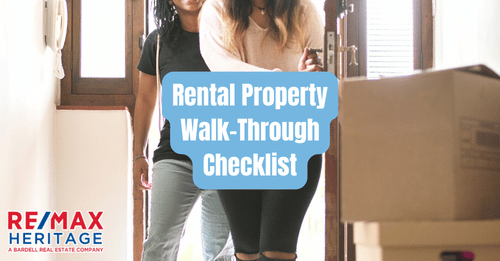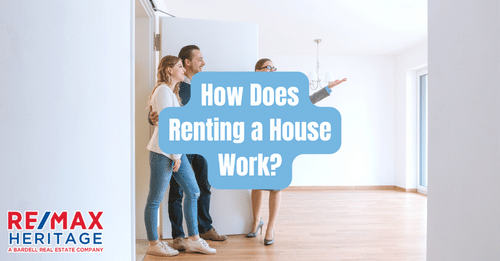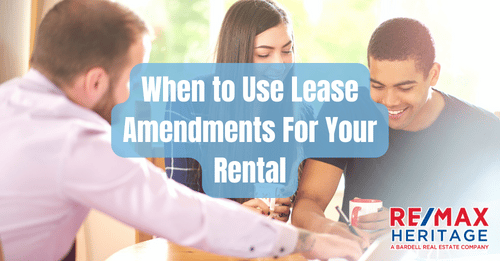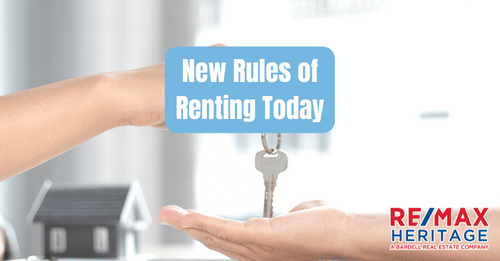
Everything to Know About Move-In Fees
Everything to Know About Move-In Fees

Everything to Know About Move-In Fees
Landlords are responsible for determining what fees tenants will pay to help cover the costs of maintenance, repairs, and other expenses associated with their rental — often in the form of a move-in fee.
Move-in fees are similar to rental security deposits, but they need to be handled differently by both landlords and their tenants. We outline everything you need to know about move-in fees, from how much they cost to limitations landlords should be aware of.
What Is a Move-In Fee?
A move-in fee is a non-refundable fee imposed by a landlord that a tenant pays before moving in. The fee helps cover certain expenses associated with managing the rental property, such as covering repairs or changing the locks on the doors.
Unlike security deposits, there are fewer laws landlords need to abide by when handling move-in fees. Non-refundable fees do not need to be kept in an interest-bearing account or returned once the tenant moves out, making them easier for the landlord to manage.
How Much Does a Move-In Fee Cost?
Move-in fee costs can be anywhere from 20% to 50% of one month’s rent price, depending on where the rental property is located. Some states do restrict how much landlords can charge in move-in fees, so it’s important to reference your local landlord-tenant laws to ensure a landlord is not overcharging.
The Difference Between a Move-In Fee and Security Deposit
A security deposit is a sum of money that is often refunded at the end of the lease term, unless a portion needs to be used to repair property damage caused by the tenant. Some local ordinances require landlords to provide a security deposit receipt at the start of the lease term, displaying where the fee is being stored and for which rental property it was collected. Once it’s time to return a tenant’s security deposit, the landlord will also need to provide a security deposit return letter outlining how much of the deposit is being returned and what’s been deducted from it.
Move-in fees are usually non-refundable, meaning landlords do not have to provide proof of where the fee is being stored or return any portion once the tenant has moved out. Move-in fees also typically cost less than security deposits, since some states place restrictions on the total cost landlords can charge tenants.
Can Landlords Impose a Move-In Fee and a Security Deposit?
There are no laws prohibiting landlords from imposing both a move-in fee and security deposit. However, charging both fees can deter tenants from applying for your rental, since this can cause financial strain.
Most landlords prefer charging move-in fees due to fewer regulations regarding how to handle them. But landlords can charge either a security deposit that is returned at the end of the lease term or a one-time fee upon move-in, depending on their preference.
Are Non-Refundable Move-In Fees a Scam?
Although it can seem like non-refundable move-in fees are a scam, that’s often not the case. Move-in fees are intended to help cover maintenance costs that pop up throughout the lease term and other sudden expenses a landlord may incur. Move-in fees reduce the chances of landlords having to cover operating expenses towards their rentals out-of-pocket.
However, move-in fees usually need to fit within a certain price range, so tenants should check local regulations regarding non-refundable fees to ensure they’re not overpaying.
Can Move-In Fees Be Negotiated?
Move-in fees can usually be negotiated as they are often not set in stone by most landlords. If a tenant has discovered that the move-in fee is higher than the limit stated in local landlord-tenant laws or higher than other local rentals, then this can be used to negotiate a lower price.
It’s important to note that not all landlords will be willing to lower the move-in fee, since it’s intended to help cover costs associated with managing the rental.
Renting a Home through RE/MAX Heritage
Searching for homes for rent – we can help. Here at Bardell we have been meeting the real estate needs in the Disney Orlando area for over thirty years during which time we have built a tremendous reputation for service and support.
The same commitment also applies to our Residential Property Management. Owner and tenant services and customer service are vital to our reputation. We work openly with our clients in a way that forms positive professional relationships – here are a few things that we do … and a few things that we don’t do!!
Click Here or call our office for more information and learn more! (863)424-2309
Ready to make a Move?
Bardell Real Estate are the experts in helping you with your selling, buying or renting needs near Orlando, Florida. Make your Disney area experience a forever memorable one. Call us now to speak to a real estate agent.
[formlift id=”36911″]





